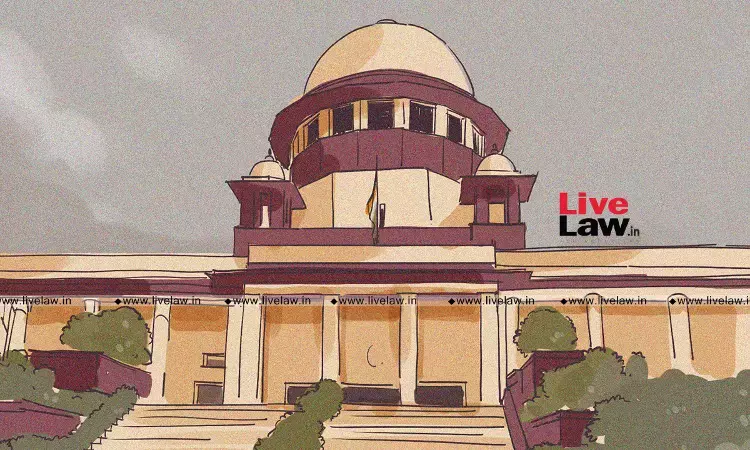Demolitions Near Krishna Janmabhoomi | Supreme Court Says It Can’t Decide Title, Asks Petitioner To Move Civil Court
Awstika Das
28 Aug 2023 4:50 PM IST

Next Story
28 Aug 2023 4:50 PM IST
The Supreme Court disposed of a plea against a recent demolition drive carried out by railway authorities near the Krishna Janmabhoomi in Mathura on Monday. While it declined a request to grant interim protection by extending an earlier status quo order, a three-judge bench of Justices Aniruddha Bose, Sanjay Kumar, and SVN Bhatti permitted the residents sought to be evicted to approach the...
